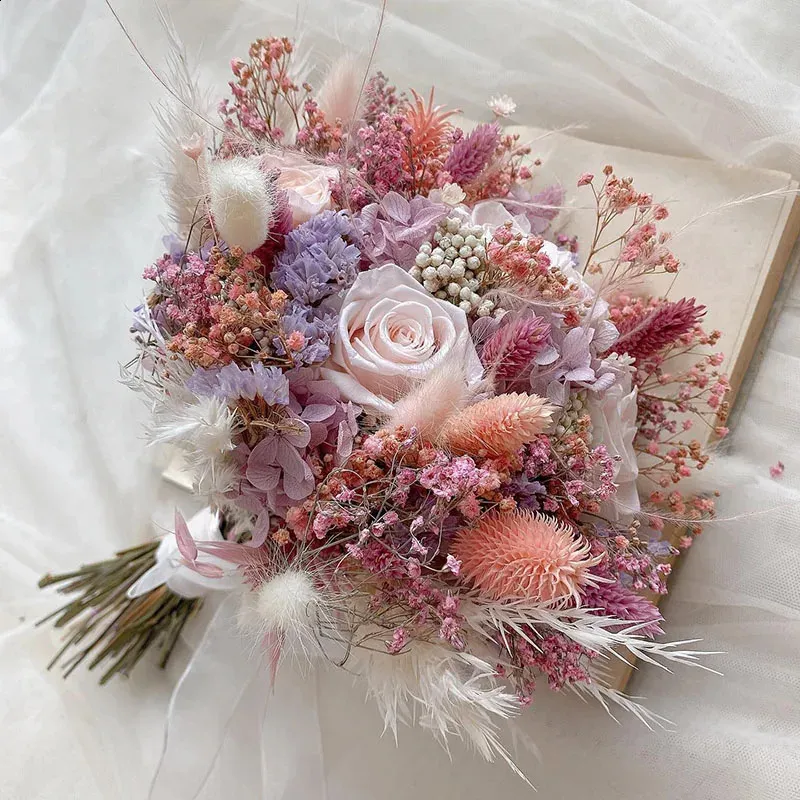Phone:
(701)814-6992
Physical address:
6296 Donnelly Plaza
Ratkeville, Bahamas.
Your go-to destination for affordable flower delivery in Sydney! Whether you’re celebrating a birthday, anniversary, wedding, or Valentine’s Day, or looking for a heartfelt funeral wreath, we offer fresh, stunning floral arrangements at unbeatable prices.
We offer a wide range of affordable flower delivery service Sydney, ensuring fresh, beautiful blooms for every occasion.
We provide same-day and next-day flower delivery across Sydney, ensuring your blooms arrive fresh and on time. Perfect for last-minute surprises and urgent occasions.
Brighten someone's special day with our vibrant birthday flower bouquets. From cheerful sunflowers to elegant lilies, we have the perfect floral gift for every personality.
Make your big day unforgettable with our custom wedding bouquets and floral decorations. Our expert florists create stunning arrangements tailored to your theme and style.
Express your love with our premium Valentine’s Day roses. Whether you prefer traditional red roses or unique mixed arrangements, we deliver romance straight to your loved one's doorstep.
Absolutely beautiful flowers at such affordable prices! I ordered a birthday bouquet for my sister, and she was over the moon. The delivery was quick, and the flowers were fresh and vibrant. Highly recommend!

Happy client
Your trusted florist for affordable flower delivery in Sydney! We believe that flowers have the power to express emotions, celebrate moments, and bring joy to life’s special occasions. That’s why we are dedicated to providing fresh, high-quality flowers at budget-friendly prices, making it easy for you to share love, gratitude, and remembrance through beautiful blooms.

